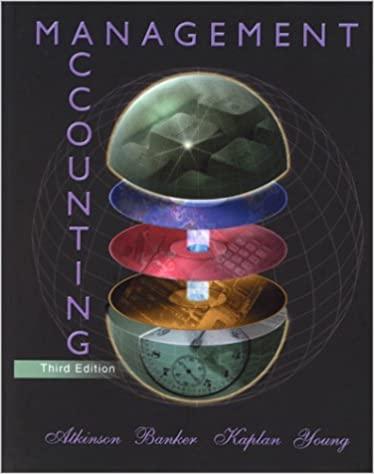1. Recently, Valerie gave the MISU stock she had purchased six years ago to her sister, Kirsten. The value of the stock at the time of the gift was $100,000. If Valerie paid $180,000 for the stock and owed no gift taxes on the gift to Kirsten, what is Kirsten's gain or loss when she sells the stock for $250,000?
$80,000
$0
$150,000
$70,000
2. The estate's taxable year ends 6/30/07. If the estate made distributions of taxable DNI in December 2006 the beneficiaries must include that income on their respective tax returns for the year 2006.
3. S1 died in September of 2003 and S2 died in February of 2007. When S1 died they owned property with a net value of $11,730,000 of which S1's separate property was worth $7,400,000, the community property was worth $1,680,000, and S2's separate was worth $2,650,000. They had an ABC Trust plan.
When S2 died the value of the trusts were as follows:
| | FMV |
| Trust A | $4,013,500 |
| Trust B | $1,150,000 |
| Trust C | $8,326,000 |
A wealthy couple with three minor children established a living trust that uses an ABC Trust plan. S2 died five years after S1, and two of the children were still minors. At what point or points in time will the trust estate be divided into multiple trusts? (1)When the living trust is first funded. (2)Soon after S1 dies. (3)Soon after S2 dies. (4)When a child (or the children) reaches an age specified in the trust.
| | (1) and (3) only are correct. |
| | (2) and (4) only are correct. |
| | (1), (2), and (4) only are correct. |
5. A rich widow's remarriage can delay paying the estate tax.
5. Wealthy clients concerned that the survivor might remarry after the death of the first spouse to die and who wish to assure the children of the present marriage ultimately receive as much as possible, are most likely to choose which of the following estate plans?






